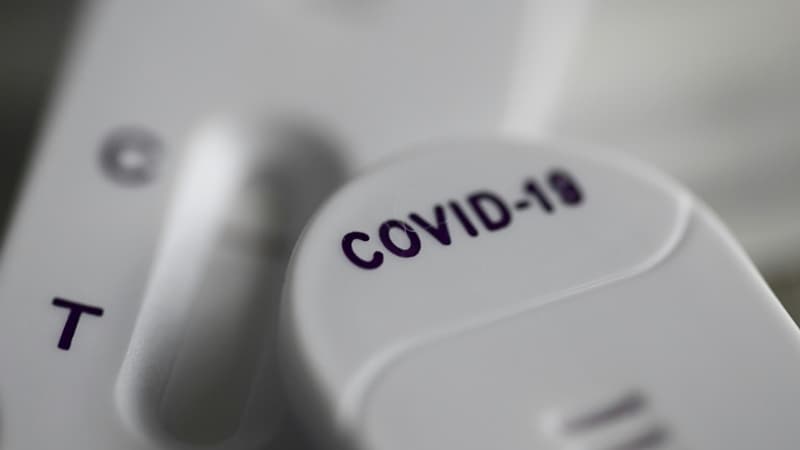The tracking of “contact cases” exposed to Covid-19 could have cost more than 600 million euros since the start of the epidemic, indicates the Court of Auditors in a report published this Tuesday, which concludes with “the uncertain effectiveness” Of the device.
It was the central pillar of the “test, trace, isolate” strategy, implemented at the end of the first lockdown. In little more than two years – from May 2020 to August 2022 – “contact tracing” has made it possible to reach 32 million people who tested positive for coronavirus and more than 22 million of their “at-risk” contacts, specifies this “flash audit”. .
A mass of calls, text messages or emails generated by the Health Insurance, which has “recruited thousands” of researchers for this purpose. If the workforce has been “reduced a lot” now (from 6,500 full-time equivalents in 2021 to 350 in September), total social security spending “could exceed 600 million euros” by the end of the year.
Lack of scientific evaluation
All because of “uncertain general efficacy”, since the effects on contamination and hospitalizations “cannot be quantified in the absence of scientific evaluation.”
Effective in establishing contact in less than 24 hours in the vast majority of cases, this device, however, has only affected “a potentially minority part” of its target, because the majority of those infected have “declared not having contact”.
Regarding those who could be contacted, “the few analysis elements available show partial compliance (…) with the prevention instructions.”
Supposed to stop by the end of January, unless the law extends it further, “contact tracing” should at least serve as a lesson. The Court of Auditors thus asks “to design a more effective device”, which can be “activated and then quickly deactivated in the event of new large-scale epidemics”.
Source: BFM TV


